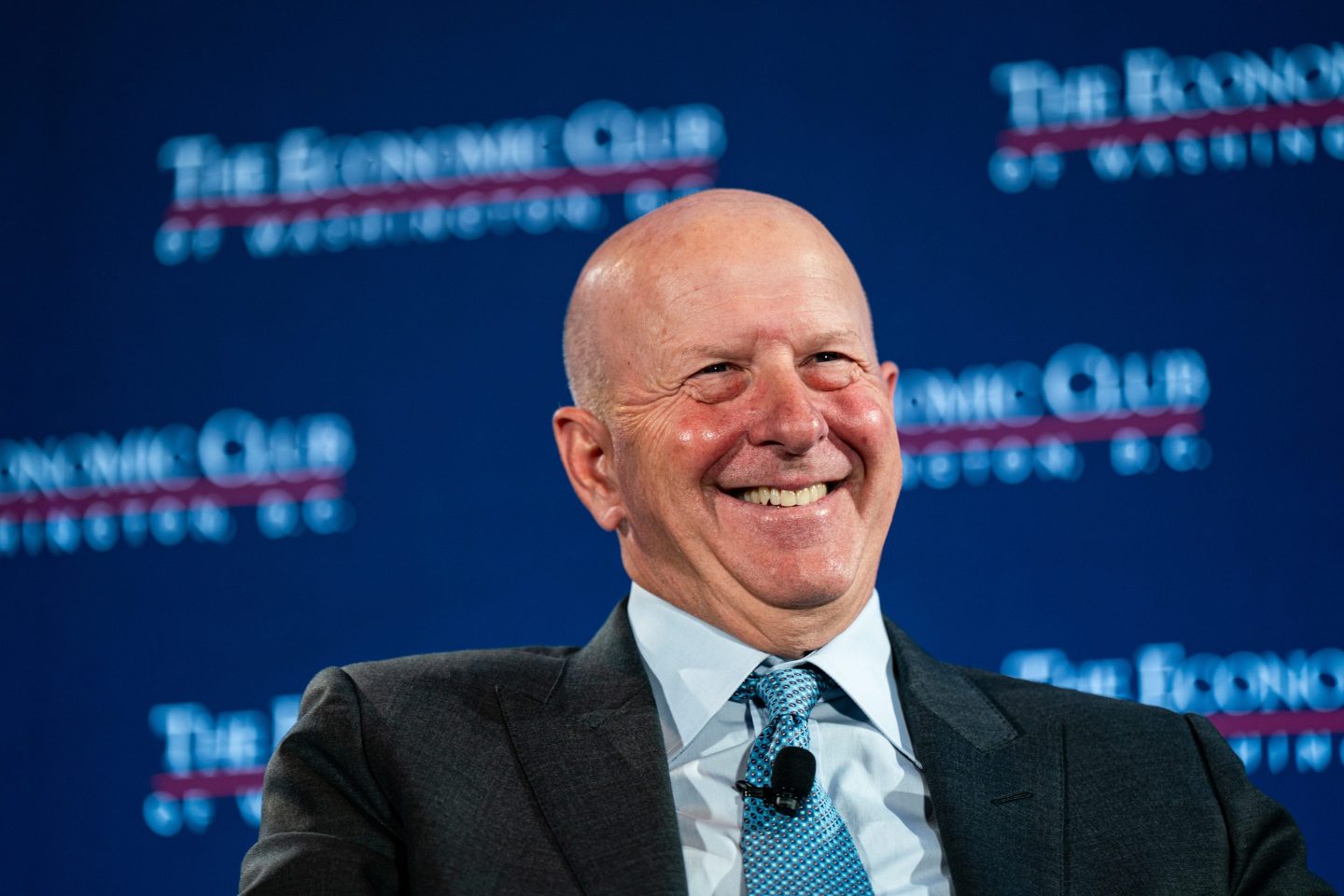The killing of UnitedHealthcare CEO Brian Thompson shattered any sense of ease or complacency among business leaders this week. And as companies and executives struggle to make sense of the violence, many have been left to wonder if they could meet the same fate.
On Wednesday morning, before UnitedHealth Group’s investor conference, Thompson was shot and killed in front of a Hilton hotel in Midtown Manhattan. The suspect fled the area, and has yet to be captured by authorities. Police say that the killing was a targeted attack.
Comments made by Thompson’s wife, along with words written on three bullet casings left at the scene—“deny,” “defend,” and “depose”—have left many to speculate whether the assault could be related to Thompson’s role in the health insurance industry. If that is in fact the case, it opens up a new set of worries for business executives, many of whom have not traditionally thought of themselves as targets.
Coins2Day spoke with several security experts about what might change when it comes to executive protection following the high-profile shooting. They say that corporate C-suites are extremely concerned by the incident and moving quickly to reinforce or create new safety protocols. That is especially true for those who work in industries that could be perceived as controversial. But security experts add that although they are experiencing a surge in requests now, it’s unclear how long that will last.
Corporate executives are fearful
In the aftermath of the shooting, security experts say that executives have been rushing to reassess their protection strategies.
“Boards [and] CEOs are already going to their chief security officer asking, ‘What do we have in place? What systems, what tools, what bosses do we have to identify threats?’” Dave Komendat, former chief security officer for Boeing and founder of a risk services company, tells Coins2Day. “This is one of those incidents that causes people to stop and look at their current program they have in place.”
Eric Sean Clay, president of the International Association for Healthcare Security and Safety, tells Coins2Day that the situation is making companies think about threats they may not have considered before. Although the motive for Thompson’s shooter is still unclear, speculation that his death could be related to someone unhappy with the health insurance industry has left executives newly aware of the power of highly motivated disgruntled customers. There is also a fear that social media can fan those flames.
“I can’t say it’s more dangerous today than it was in the past, but social media makes it very easy to motivate people,” Clay says. “A lot of publicly traded companies have to post information on [events]. That makes it very easy to find someone today. That’s definitely a risk today we didn’t have.”
Experts say companies will more closely track their corporate and executives’ social media accounts for any potential threats. UnitedHealthcare took down its “about us” page—which listed leadership, including murdered CEO Brian Thompson—following the incident, along with several other major health insurance companies, 404 Media reported.
“Companies are beginning to realize they need to have some type of an assessment done on the type of business they’re doing,” including social media monitoring, says Allied Universal president of enhanced protection services Glen Kucera. “And not just open-source but deep-web social media monitoring. The stuff that people don’t see on X or Facebook.”
Kucera adds that CEOs and other C-suite members may also have less of a say over having security, if the board and investors are concerned about their safety.
“There are certain CEOs that say, ‘I don’t want [security], I’m not that person. I don’t want somebody with me,’” he notes. “But I think what’s going to happen in some instances is, even if the CEO says, ‘I don’t want it,’ there’s going to be investors and board members that say, ‘No, you are going to have this.’ Because those investors are protecting the assets and value of their company.”
Companies in controversial industries are the most afraid
Once news of the shooting broke out, the internet was engulfed by a sea of mixed reactions.
While some social media users wrote their condolences, others took the opportunity to discuss their displeasure with the health care industry’s practices. Many pointed out that UnitedHealthcare has denied more patient claims than other insurers, something that’s sure to spark anger among their customers.
“I think what’s going to happen is there’s going to be a very heavy assessment, asking, ‘Where do we fall in this risk profile? What is our product, is it controversial? How do we need to protect those assets?’” says Kucera.
He adds that even employers who thought they were safe may reconsider. Many executives likely think: “‘I’m in a benign industry where I would never be impacted,’” he says. “But it didn’t seem like this individual should be impacted either.”
But America has a very short memory
Executive security professionals say they’ve witnessed a rush of inquiries and requests from clients—but that may not last forever. They agree that America tends to witness a tragedy, react, and move on briskly if more incidents don’t quickly follow.
“Sometimes the United States has a short memory. An event happens, we’re going to react, we’re going to protect these people. We’re going to spend the money. Nothing happens for the next 12 months, and then they say, ‘Okay, now it’s budget time for 2026. Do I want to spend this money again, or do I not?’ That is going to happen, that’s human nature,” Kucera says.
Clay agrees, and says that it often takes an incident like this to spur companies into action. However, he adds he’s hopeful that this will be a wake-up call for leadership to better strategize with their security.
“Unfortunately, often we don’t see change until after we have an adverse event,” Clay says. “Now, hopefully other people will listen to their security teams and say, ‘Yes, we’re going to do things differently.’”













